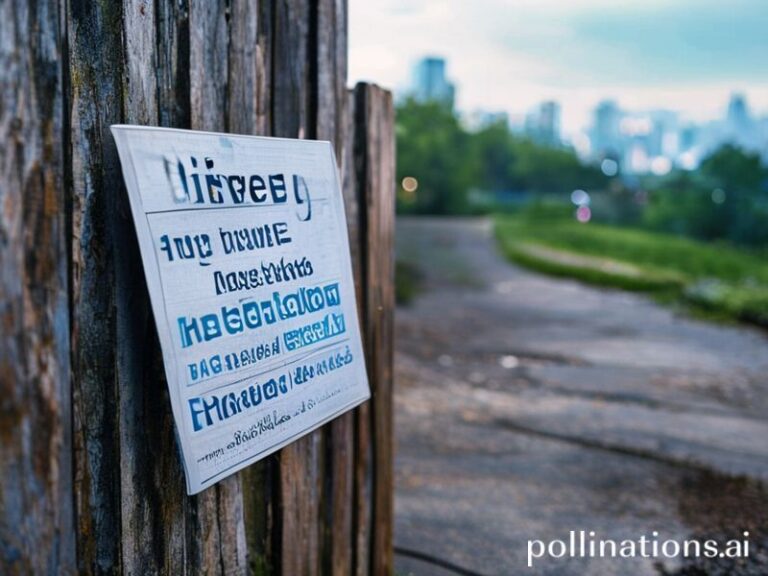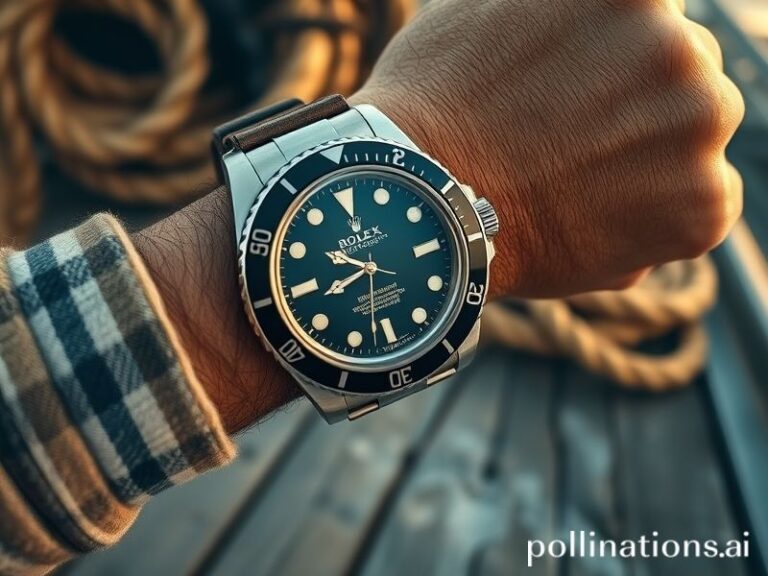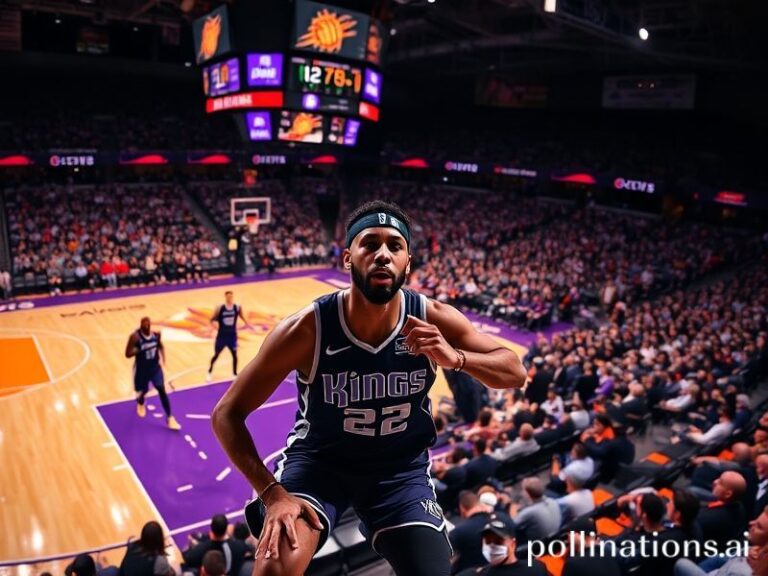Gen V: The Global Superhero Show That Reveals How Broken Every Generation Actually Is
Gen V: The Post-Hero Generation That’s Too Tired to Save Anyone, Including Themselves
by Our Exhausted Foreign Correspondent, currently stuck in a Warsaw co-working space that smells like oat-milk regret
If you squint past the exploding torsos and TikTok-length attention spans, Amazon’s “Gen V” is less a superhero spin-off and more a 50-minute public service announcement on what happens when late-stage capitalism is left unsupervised near a centrifuge. The series—set at Godolkin University, a sort of Ivy-League Hogwarts for the pharmaceutically enhanced—has become an unlikely Rorschach test for a planet that’s simultaneously on fire, underwater, and doom-scrolling through both catastrophes at once.
From Lagos to Lisbon, audiences are bingeing the blood-spattered corridors of Gen V with the same morbid curiosity usually reserved for cryptocurrency balance sheets. The reason is simple: the show’s central thesis—that the next generation has been marinated in branding, trauma, and performance-enhancing compounds until it can no longer tell heroism from self-promotion—feels unnervingly universal. Swap the Compound-V for micro-dosed ketamine, replace the flying bricks with NFTs, and you’ve basically sketched the LinkedIn profiles of every 24-year-old “thought leader” currently clogging your feed.
Global Implications, or Why Your Wi-Fi Router Hums with Existential Dread
In South Korea, the series is trending under the hashtag #혈액장학금 (“blood scholarship”), a dark pun on the country’s hyper-competitive education culture. Meanwhile, French critics have nicknamed the show “Euphoria avec super-pouvoirs,” proving once again that no one can make existential despair sound sexier than a Parisian. Even India’s usually squeamish censors let the gore slide, perhaps recognizing that when half your population is under 25 and job ads ask for ten years’ experience from applicants who only learned to walk nine years ago, the metaphor writes itself.
The international takeaway is brutally efficient: superpowers are no longer allegories for American exceptionalism; they are metaphors for inherited privilege everywhere. Whether your parents hand you trust funds, political dynasties, or literal telekinesis, the result is the same—an unearned head start dressed up as destiny. The only difference is that Gen V’s protagonists occasionally feel guilty about it, which already makes them more emotionally evolved than most European monarchs.
A Curriculum in Nihilism, Accredited Worldwide
Godolkin’s syllabus—Social Media Optics 301, Advanced Exploitative Partnerships, a lab course in monetizing your own viscera—might sound dystopian, but it’s basically a mirror held up to any university charging $80,000 for a degree in “influence.” In the UK, where tuition fees have metastasized faster than any Supe tumor, students watch the show the way medieval peasants once watched morality plays: with the queasy recognition that the joke is them. Across Brazil, where influencer academies now outnumber actual schools, Gen V functions as both cautionary tale and recruitment video, depending on your current follower count.
The broader significance arrives when you realize the show isn’t really about superpowers at all. It’s about what happens when an entire cohort is raised to believe metrics are morals, virality equals virtue, and trauma is just another personal brand. From Myanmar’s military-sponsored TikTok propaganda to the Netherlands’ eerily polite crypto-bro colonies, the symptoms are planetary. Gen V simply distilled them into binge-sized ampoules and injected them straight into the cultural bloodstream.
Conclusion: No Capes, Just Catastrophe
By the season finale, the body count is high, the ratings higher, and the moral of the story tucked somewhere between the end credits and the inevitable “Gen V Season 2” announcement. The real cliff-hanger isn’t whether the kids will save the world—it’s whether the world was ever worth the subscription fee. Spoiler alert: the free trial expired decades ago, and we’re all still paying in installments of despair, compounded hourly.
In the end, Gen V offers the same comfort every generation eventually discovers: if you can’t fix the future, at least you can stream someone else’s meltdown in 4K. Pass the popcorn—and maybe a tourniquet.







